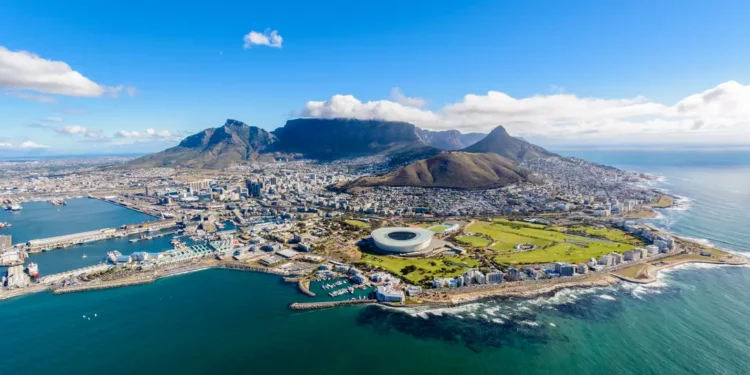South Africa’s tourism sector stands at a critical juncture, with industry leaders warning that the period leading up to 2026 offers a narrow but significant opportunity to recalibrate growth and competitiveness. The discussions emerging from the 2025 Hospitality Industry Think Tank in Johannesburg reflect a wider African debate on how to balance expansion with sustainability, inclusivity, and resilience within global tourism markets.
While destinations such as Cape Town and the Kruger National Park remain internationally recognisable, the over-reliance on these icons has left much of the country’s cultural and ecological wealth underexplored. Industry voices emphasised the value of developing “bundled regional products” that integrate landscapes, gastronomy, adventure, heritage, and community-led experiences. This approach would not only lengthen visitor stays but also distribute benefits across provinces, aligning with continental calls for decentralised and locally grounded tourism economies.
Sustainability was underscored as a non-negotiable foundation for the sector. Panellists highlighted that genuine sustainability must be embedded in operational culture rather than treated as a promotional add-on. Integrating local procurement, waste reduction, and community participation were identified as essential pathways to authenticity. These measures mirror broader African tourism strategies which increasingly frame environmental and social responsibility as central to long-term competitiveness.
Another critical theme was skills development. South Africa’s potential to generate large-scale employment through tourism continues to be constrained by bureaucratic inefficiencies and fragmented training systems. Delegates argued for industry-led initiatives that equip young people with transferable competencies across hospitality roles. Particular emphasis was placed on creating pathways for black entrepreneurs to not only meet ownership thresholds but to exercise genuine control, supported by mentorship, finance, and procurement opportunities.
Technology was also discussed as a means of reinforcing rather than replacing human connection. The strategic use of artificial intelligence was positioned as a tool for efficiency, freeing hospitality staff to deliver more personalised service. For this to be meaningful, however, businesses must systemically share knowledge rather than silo expertise in individuals.
Visa reform emerged as a particularly pressing priority. With millions of outbound travellers from India and China seeking new destinations, simplified processes such as e-visas and visas-on-arrival were described as critical to unlocking market access. Comparable initiatives across the continent—such as the African Union’s push for greater visa liberalisation—illustrate that easing mobility remains a cornerstone of competitiveness in African tourism.
Cost-effective marketing approaches were also highlighted, with a growing recognition that social media platforms and creator-led storytelling can extend reach without requiring extensive budgets. By presenting South Africa as a multi-dimensional destination that blends wildlife, culture, cuisine, and coastline, stakeholders aim to reposition the country within a highly competitive global tourism landscape.
Industry leaders stressed that action cannot be delayed. Collective responsibility between public and private actors is required to diversify destinations, embed sustainability, reform visas, strengthen skills, and embrace innovation. As part of Africa’s wider tourism revival, South Africa’s choices in the coming years will not only shape its own sectoral growth but also influence regional strategies aimed at ensuring tourism serves as a driver of inclusive and resilient development.



